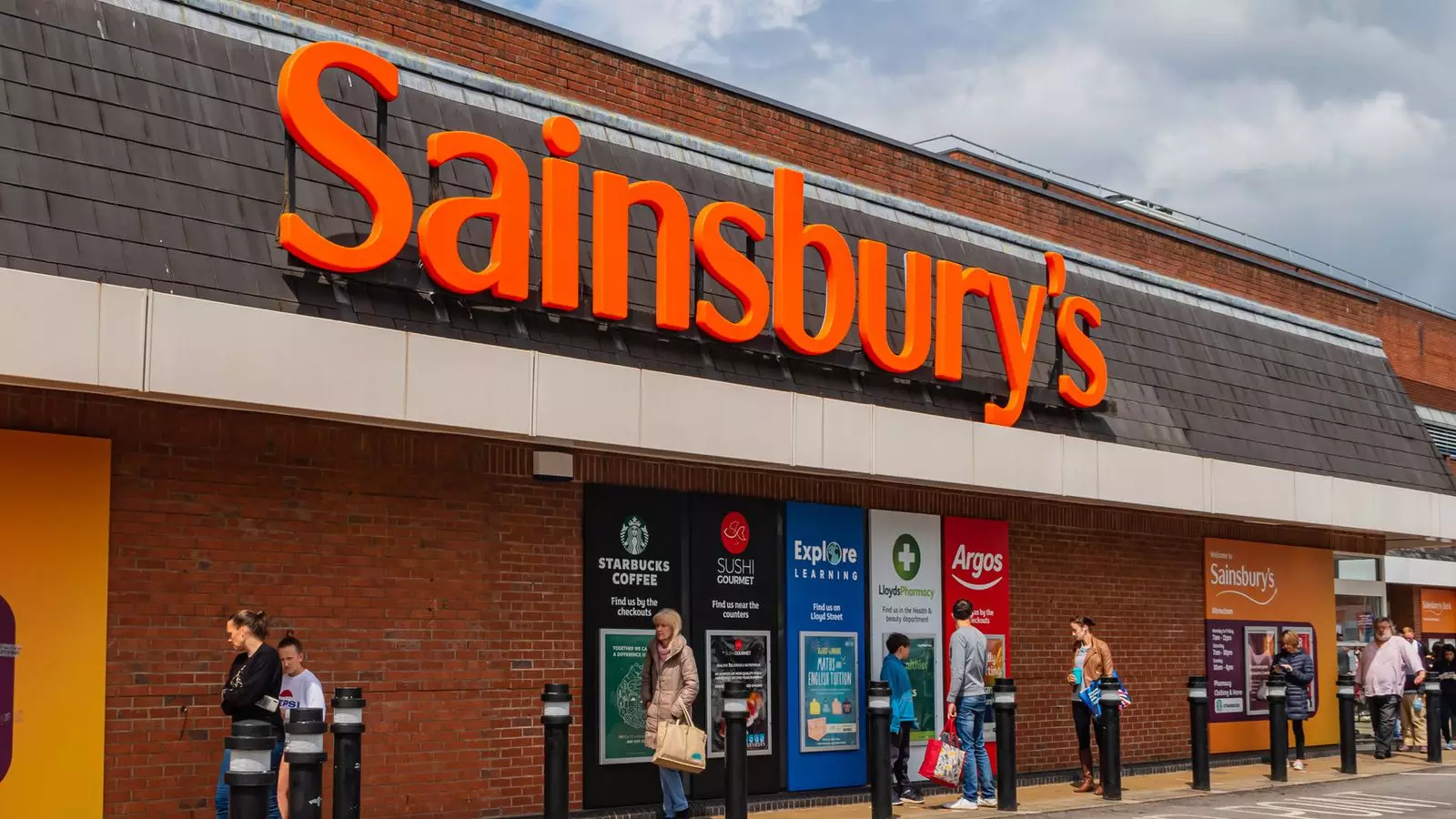Recently, Sainsbury’s announced plans to reduce its workforce by over 3,000 positions, mainly targeting head office and senior management roles. This decision, described as a necessary part of a larger overhaul strategy, accompanies the closure of all remaining in-store cafes and several food counters, which have not seen substantial patronage. This move has raised questions about the company’s strategic approach amidst ongoing economic difficulties, primarily linked to rising operational costs and insufficient customer engagement.
The closures will impact Sainsbury’s 61 cafes across various locations, from Fosse Park in Leicestershire to more distant sites like Penzance in Cornwall. Amidst these changes, the company cited a challenging cost environment as a significant factor behind its decision. With an impending budget tax increase set to take effect within weeks, these measures seem to be an attempt to safeguard the business’s profitability and sustainability as it navigates these turbulent economic waters.
Financial Pressures and Business Strategy
Chief Executive Simon Roberts communicated the tough nature of these decisions, emphasizing that Sainsbury’s must adapt in order to maintain its market momentum and operational efficiency. The phrase “challenging cost environment” has become a buzzword in business discussions lately, indicating the struggles many retailers face due to escalating costs originating from numerous channels.
Adding a further strain on the company’s financial responsibilities is an extra £140 million annual bill in employer national insurance contributions, as imposed by recent government budgetary changes. These figures illustrate the pressures that larger retailers must contend with in order to remain competitive and viable, without passing all costs on to consumers—who are already grappling with the implications of inflation.
Moreover, while the company has recently awarded pay raises to its store workers, this decision occurred simultaneously with the announcement of job cuts, leading to perceptions of inconsistency within Sainsbury’s policies towards its workforce.
The impact of Sainsbury’s decisions on its workforce cannot be understated and has drawn criticisms from various stakeholders, including unions like Unite. Union representatives claim that the layoffs reflect a culture of “corporate greed” and boast alarming implications for job security within the sector. They argue that layoffs should never be employed as a mechanism to counterbalance rising corporate costs and protect profit margins when alternatives could be explored.
The sentiment expressed by employee advocates highlights a broader conversation around corporate responsibility; namely, whether companies like Sainsbury’s should prioritize short-term financial recoveries over the well-being of their employees. In an environment where many are striving to return to pre-pandemic economic conditions, workforce reductions often signify a retreat from commitment to employee development and retention.
Sainsbury’s situation is an emblematic representation of the struggles facing UK retail, which is experiencing a complex landscape shaped by fluctuating economic conditions, changing consumer patterns, and increasing overheads. The government argues that the recent tax hikes are a temporary measure to address fiscal deficits left unresolved by earlier administrations. However, critics worry that this could result in a closed loop of economic stagnation, damaging both employment prospects and overall morale in the retail sector.
Adopting such expansive cuts, coupled with price rises, may not only alienate existing customers but could also lead to a cycle where decreased consumer spending contributes to further corporate troubles. The expectations that the economy can simply absorb these shifts without widespread consequences seem overly optimistic.
As Sainsbury’s embarks on this reduction of staff and services, the implications for the future of retail in the UK remain uncertain. The dual challenge of adhering to budget constraints while maintaining a loyal customer base will require careful navigation and strategic foresight. Rising costs, shifting consumer behaviors, and the necessity for financial pragmatism press retailers into difficult positions.
Ultimately, the recent developments at Sainsbury’s underscore a larger narrative within the sector, revealing the challenges companies face in balancing financial health with social responsibility. As the world economy continues to evolve, the responses from businesses will likely set the stage for future employment practices, consumer relations, and ethical considerations across the marketplace. The story of Sainsbury’s, thus, serves as a case study of the complexities inherent in modern retail management during difficult economic times.


Leave a Reply